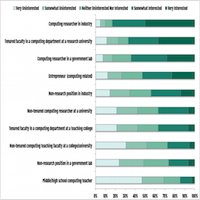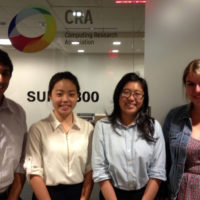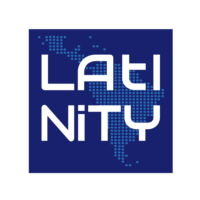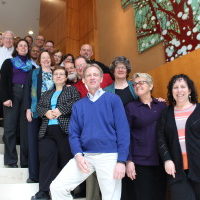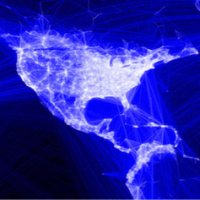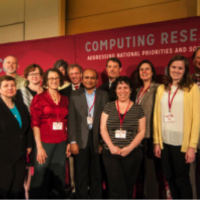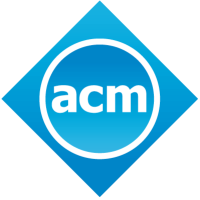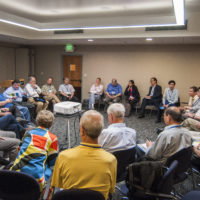
2016 CRA Conference at Snowbird Recap
From July 17-19, the Computing Research Association (CRA) held its biennial conference at Snowbird, with more than 300 people in attendance. Every two years, the chairs of computing and information departments from across the country, as well as the leaders of government and industrial laboratories, gather in Snowbird, Utah, to network and discuss common issues concerning the future of the field.


